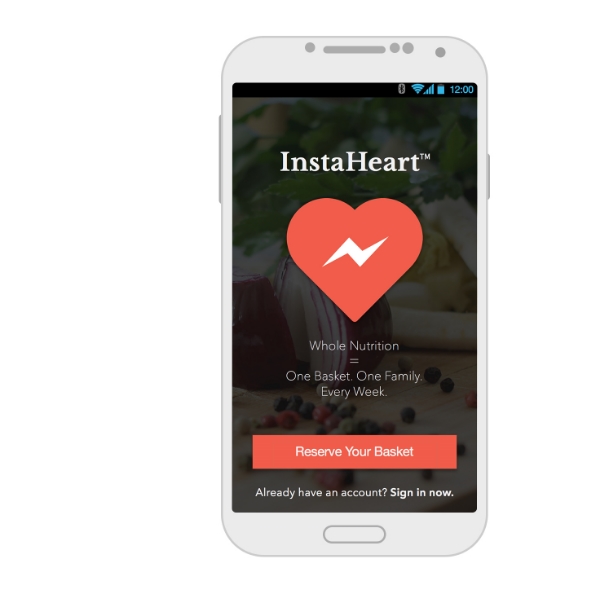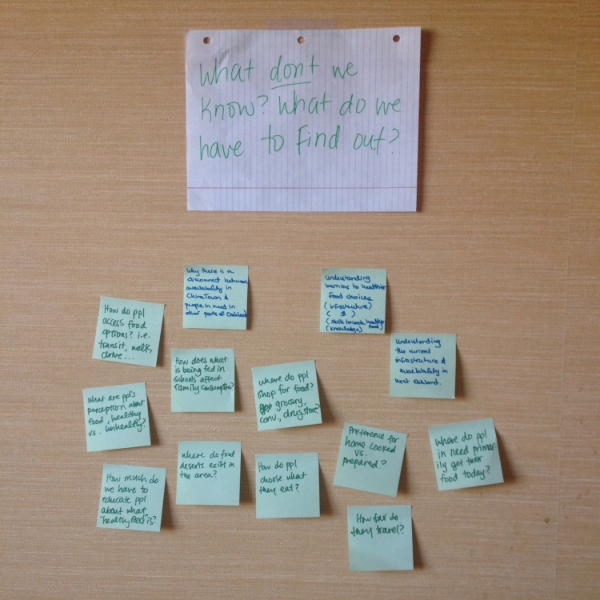This weekend I attended the Food Hackathon + Forum that was presented in partnership with the Food Business School, the graduate education center at the Culinary Institute of America. This is the second hackathon I've attended in the last six months. The format of the event was similar to other hackathons with one exception - the food, provided by Rebecca Jean Catering. It was an amazing feast. The first night included presentations from Rebecca Chesney, Institute of the Future; Allison Hagey, PolicyLink; Matt Smith, Food for Good PepsiCo; and saw an audience littered with culinary notables like Charlie Palmer and Michael Mina.
Saturday morning started off with an early yoga session (which I skipped) then jumped right into pitches. There were many, many ideas presented from people with fully formed concepts to others with questions they wanted to explore.
I was drawn to #TeamInstaHeart, an Android app and text messaging service (for non smart phone users) that enables people who qualify for food stamps to order a standardized healthy discounted food basket and pick them up weekly at participating locations. We were a large group. We were also a fun group with specialized experiences including backgrounds in celebrity chef management, medicine, communications, MBA/MPH and web development. We spent the day whiteboarding and brainstorming. My skills really shone this weekend: ability to consider all the touch points, parse out functional flow for each type of user and quickly generate a mock up.
We decided to mockup one user flow for the basic job of the smart phone app and show how a person would reserve, locate and pick up their weekly basket:
- The user gets a notification on their phone
- They select one of three diet options (regular, vegetarian and gluten free)
- Users then have the opportunity to see the weekly items in the basket before reserving (EBT users are not yet allowed to make purchases online)
- Once reserved, they are prompted to select a nearby location and time for basket collection
See details of the project here.







